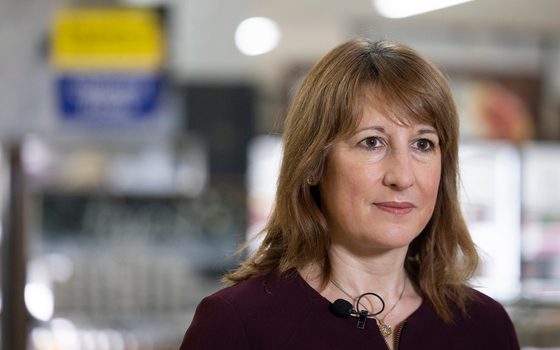People on the lowest incomes are paying tax on even more of their salary under this government
Freezing the tax free allowance is an effective tax rise for workers on the lowest incomes, with no promise of extra support for them from this government
12 August 2023
This government talks a big game about lower taxes, but despite their rhetoric, they’ve effectively been raising taxes on low income workers. The government’s ‘path to lower taxes’ has started by increasing them for ordinary people struggling through the cost of living crisis.
Taxes are effectively rising at the moment because the now-Prime Minster, then Chancellor, Rishi Sunak chose to freeze tax thresholds. In April 2021 the tax free allowance (the amount of money you can earn before you start paying tax) was set at £12,570 and it’s set to stay at this level until 2027. If this threshold rose with inflation, as it normally would, it would be worth £15,260 by next year. For someone paying income tax, the freeze in the threshold equates to an extra £540 taken out of their pay check in income tax per year.
The freezing of the personal allowance is a tax rise that effectively penalizes people on the lowest incomes. For someone earning £20,000 paying an extra £540 would be the equivalent of an 11% increase in their tax rate if thresholds had risen. For someone on £40,000 the equivalent tax rate increase is just over 2%. These threshold freezes are regressive and it’s people who earn just above the income tax thresholds being penalized the most.
To get an estimate of what this means for the whole economy, NEF has used the IPPR Tax-Benefit Model with the Bank of England’s latest inflation and earnings growth projections. We find that freezing the personal tax threshold for income tax and national insurance will lead to £26bn more in tax revenues in 2024/25 than if thresholds had grown with inflation. This is equivalent to a £900 tax bill per household on average, or a 4.8 percentage point increase in the basic rate of income tax from 20% to 24.8%.
Such tax increases may not be so painful if this government used the extra income to protect people from the cost of living crisis For example, this government could use the £26bn to provide a massive boost to universal credit, which would help people on benefits afford essentials. This would put us well on the way to achieving a living income which we have argued could be funded by redistributing the savings from cutting tax free allowances. That would mean families can live without the stress of financial difficulty. Instead, the government is choosing to do nothing.
Tax rises should target the highest earners and the wealthy. Threshold freezes unfairly impact those on the lowest incomes and mean the highest burden is on those who can least afford it. Instead, as suggested by the IMF and former Bank of England committee members, the government could raise taxes on the richest. This could also help reduce inflation and reduce the pain of the cost of living crisis quicker – especially if revenues are spent on providing support to people in need.
The truth is this government is currently raising taxes for British families and ignoring its responsibility to support them. It is actions, not words that matter. We deserve better.
Image: iStock
Topics Macroeconomics






